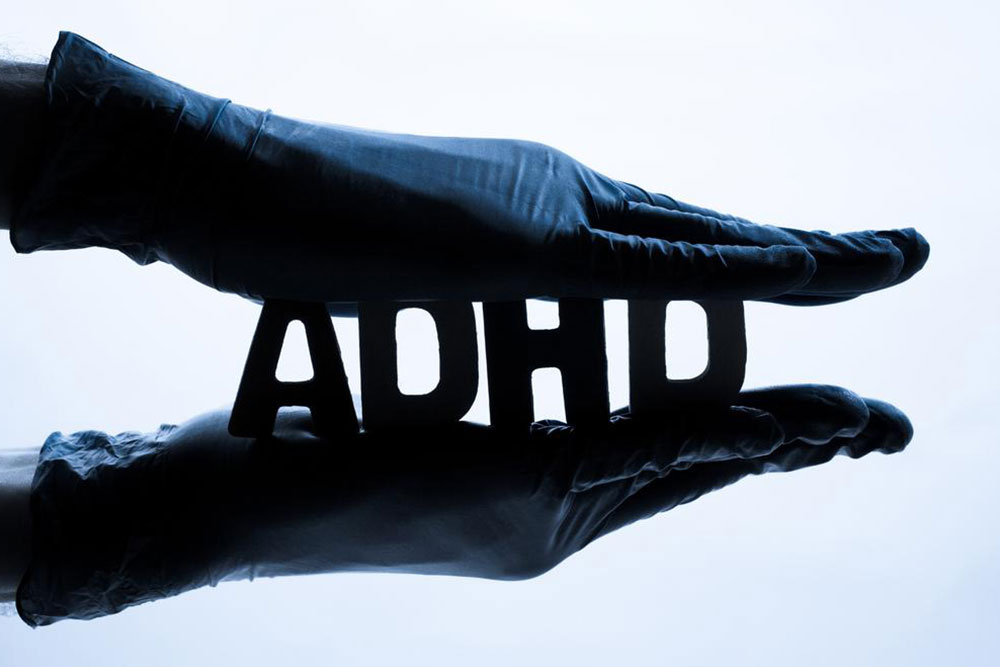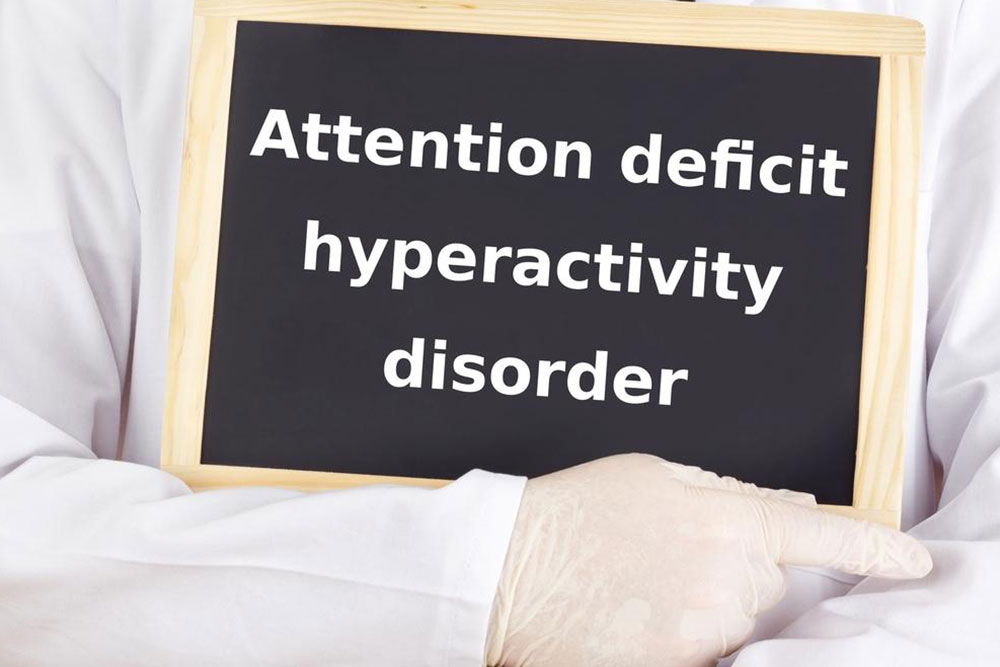Key Insights into Adolescent ADHD: What Parents Need to Know
This article explores crucial aspects of adolescent ADHD, including causes, symptoms, types, effects, and treatment options. It emphasizes the importance of early diagnosis and supportive intervention. Understanding ADHD helps parents and educators better support teens facing this condition, ensuring improved academic and social outcomes. The piece highlights the significance of tailored therapies and medications, along with the need for open communication and professional guidance to manage symptoms effectively during adolescence.

Key Insights into Adolescent ADHD: What Parents Need to Know
ADHD (Attention Deficit Hyperactivity Disorder) is a common neurodevelopmental condition affecting many teenagers. Adolescents with ADHD often display hyperactivity and impulsivity, making it hard to focus or remain still. While diagnosed in childhood, symptoms tend to intensify during adolescence and can persist into adulthood if untreated.
Below are essential points about ADHD in teenagers:
Causes: Research indicates that genetics play a significant role in ADHD development. Additional factors include head injuries, dietary additives, and environmental exposures like lead.
Signs and Symptoms: Common signs in teens include hyperactivity, impulsiveness, disorganization, difficulty concentrating, and distractibility. During adolescence, these symptoms may worsen due to hormonal shifts and increased social or academic pressures.
Types of ADHD: There are three primary ADHD types. The inattentive type features forgetfulness, distractibility, and trouble following instructions. The hyperactive-impulsive type involves restlessness, excessive talking, impatience, and emotional unpredictability. The combined type exhibits both inattentiveness and hyperactivity.
The impact of ADHD can hinder academic success and social interactions. Risks include accidents and, sometimes, substance use. Early and appropriate treatment can effectively manage symptoms, improving quality of life.
Management and Treatment: Various approaches, including behavioral therapy and medications such as Ritalin, Concerta, and Adderall, are used to treat ADHD. Specialized schools and camps also support affected teens.
Timely intervention and open communication between parents and teenagers are crucial to help them cope and succeed. Supportive environments significantly improve their overall well-being.







